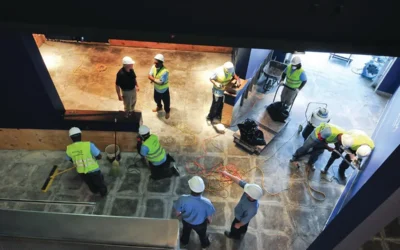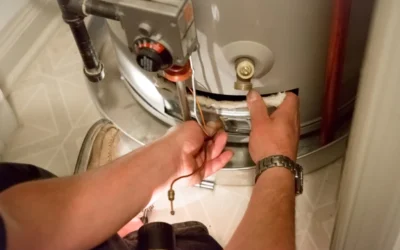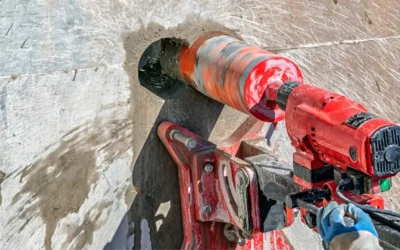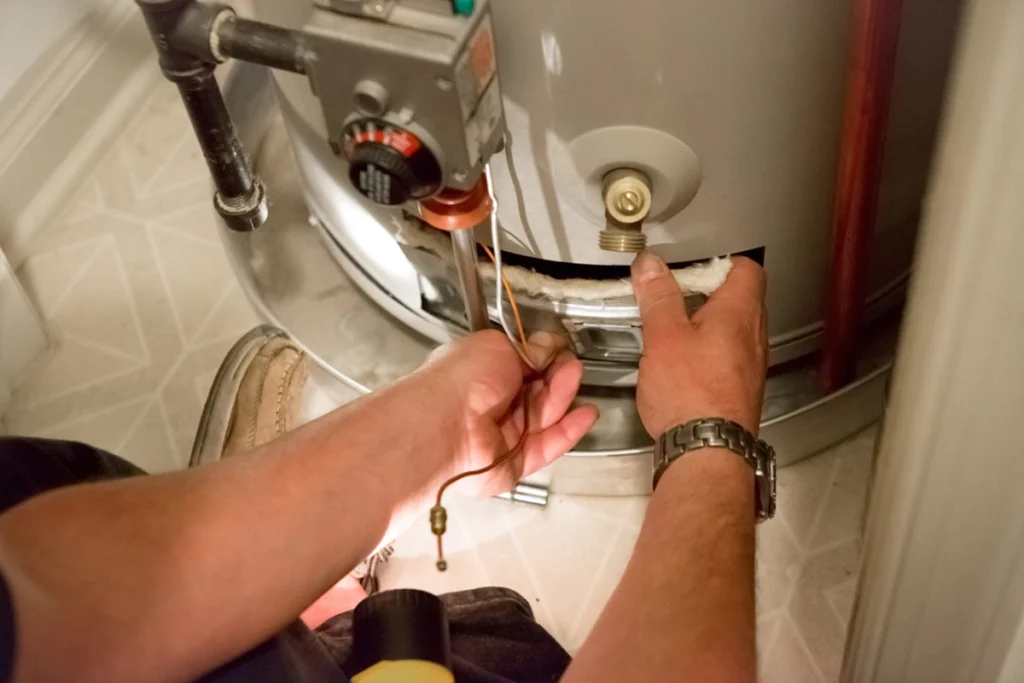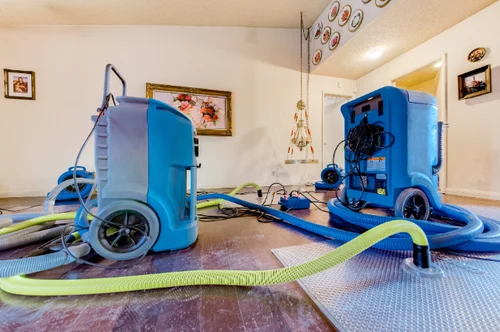Dental Plumbers: Ensuring Safe and Efficient Plumbing Systems in Dental Clinics

Introduction to Dental Plumbers
In modern dental clinics, patient safety and hygiene are top priorities. One of the most overlooked yet critical components contributing to a clinic’s functionality is the plumbing system. This is where dental plumbers play an essential role. Unlike general plumbers, dental plumbers specialize in designing, installing, and maintaining plumbing systems tailored for dental environments. These systems handle unique requirements, including water filtration, waste management, suction lines, and compliance with strict health regulations.
Dental plumbing is far more complex than conventional plumbing due to the need for specialized water systems and proper waste disposal methods. Every dental chair, sterilizer, vacuum system, and suction unit depends heavily on plumbing that meets stringent industry standards. Hiring experienced dental plumbers ensures that dental practices remain compliant, efficient, and safe for both patients and staff.
The Importance of Specialized Plumbing in Dental Clinics
Dental offices rely on highly specialized equipment, such as autoclaves, air-water syringes, high- and low-speed suction units, and dental units with multiple water lines. Each of these components must be connected to a precisely functioning plumbing system. Any malfunction can lead to treatment delays, hygiene risks, or even regulatory violations.
Dental plumbers understand how to integrate these systems to meet specific dental codes. They are trained to install and maintain equipment with features like backflow prevention devices, amalgam separators, and high-grade filtration systems. Regular plumbers may not have the experience or training required to handle such specialized tasks.
Improper plumbing in a dental clinic can result in cross-contamination, poor suction, equipment failure, or waterborne bacterial growth. Dental plumbers help mitigate these risks by using approved materials and industry-standard practices to maintain the sterility and safety of the clinic.
Common Services Offered by Dental Plumbers
Installation of Dental Chair Plumbing
Dental chairs are at the core of every dental clinic. They include integrated water lines, suction units, and cuspidors that must be precisely installed. Dental plumbers ensure correct installation, pressure calibration, and leak-free operation. They also coordinate with dental equipment suppliers to ensure all fixtures function in harmony.
Suction Line Maintenance and Repair
The suction system is critical for removing saliva, blood, and other fluids during procedures. Clogged or weak suction lines can lead to contamination or procedural difficulties. Dental plumbers regularly service these systems, replacing worn-out hoses and ensuring smooth functionality.
Amalgam Separator Installation
Dental clinics often deal with mercury-containing amalgam fillings. Waste from these procedures must be managed carefully to prevent environmental contamination. Dental plumbers install and maintain amalgam separators that trap mercury and heavy metals before they enter the sewage system, ensuring the clinic remains eco-compliant.
Water Line Disinfection
Dental water lines can harbor bacteria if not properly maintained. Dental plumbers provide routine flushing, filtration, and disinfection services. They may also install water treatment systems that reduce the risk of biofilm buildup, which can compromise patient safety.
Compliance with Health and Safety Standards
Dental plumbing systems must comply with local health department regulations, dental board codes, and OSHA requirements. Dental plumbers ensure every part of the system—from water supply to drainage—is compliant. This includes installing proper venting, cross-connection control, and safe drainage systems.
Challenges Unique to Dental Plumbing
Tight Spaces and Complex Layouts
Dental clinics often operate in compact spaces where multiple units are installed in a single operatory. Dental plumbers must work in tight areas and navigate complex layouts to install plumbing without disrupting daily operations.
Integration with High-Tech Equipment
Modern dental practices use digital imaging systems, CAD/CAM devices, and advanced sterilizers that require exact water quality and pressure. Dental plumbers understand how to coordinate plumbing systems to support the needs of this advanced equipment.
Handling Hazardous Waste
Unlike standard plumbing systems, dental offices produce waste that may include chemicals, mercury, and biohazards. Dental plumbers are trained in proper disposal methods and the installation of containment units that protect the clinic and environment.
Choosing the Right Dental Plumbers for Your Clinic
When setting up or upgrading your dental practice, selecting the right dental plumber can make a significant difference in operational efficiency and safety. Here are a few factors to consider:
Experience and Specialization
Choose plumbers who specialize in dental office installations and maintenance. Their understanding of dental equipment and compliance requirements ensures your systems are correctly installed from the beginning.
Licensing and Certification
Ensure your dental plumber is licensed, insured, and up-to-date with the latest health and building codes. This minimizes legal liabilities and guarantees safe installations.
Knowledge of Dental Equipment
A good dental plumber works in coordination with dental technicians and equipment suppliers. They should understand the specific water and waste management needs of various machines like autoclaves, ultrasonic cleaners, and vacuum pumps.
Service and Maintenance Plans
Dental plumbing is not a one-time job. Look for dental plumbers who offer routine maintenance plans. Regular inspections, cleaning, and preventive services can save you from costly emergency repairs in the future.
Emergency Response Capability
Dental emergencies don’t only happen in the chair—they can happen in your plumbing, too. Select dental plumbers who offer emergency response services to minimize clinic downtime in case of a plumbing failure.
Benefits of Hiring Professional Dental Plumbers
Enhanced Patient Safety
Dental plumbers install systems that reduce contamination risk, ensure clean water flow, and eliminate harmful bacteria. This directly contributes to a safer environment for patients.
Long-Term Cost Savings
Efficient plumbing installation and regular maintenance prevent future breakdowns. By investing in quality dental plumbers, you reduce the risk of expensive equipment repairs or water damage.
Improved Operational Efficiency
Well-designed plumbing ensures smooth workflow. Proper suction, sterilization, and water flow enhance the dentist’s ability to perform procedures effectively and quickly.
Regulatory Compliance
Professional dental plumbers help ensure that your clinic complies with health regulations, minimizing the risk of inspections, fines, or shutdowns.
Future Trends in Dental Plumbing
Eco-Friendly Plumbing Solutions
As environmental regulations become stricter, dental plumbers are incorporating eco-conscious designs, such as water-saving valves, low-flow fixtures, and efficient amalgam separators.
Smart Water Systems
Advanced dental practices are beginning to adopt smart water monitoring systems that alert staff to pressure drops, contamination, or leaks. Dental plumbers are now trained to install these tech-driven solutions.
Infection Control Integration
Modern dental clinics demand seamless integration of plumbing with infection control protocols. From automated flushing systems to antimicrobial tubing, dental plumbers are adapting to new demands for higher hygiene standards.
Conclusion
Dental plumbing is a crucial component of any successful dental practice. Without the expertise of dental plumbers, clinics risk equipment failure, hygiene issues, and non-compliance with regulations. These professionals play a vital role in installing and maintaining plumbing systems specifically designed for dental environments. From water lines to suction systems and hazardous waste management, dental plumbers ensure everything functions seamlessly.


